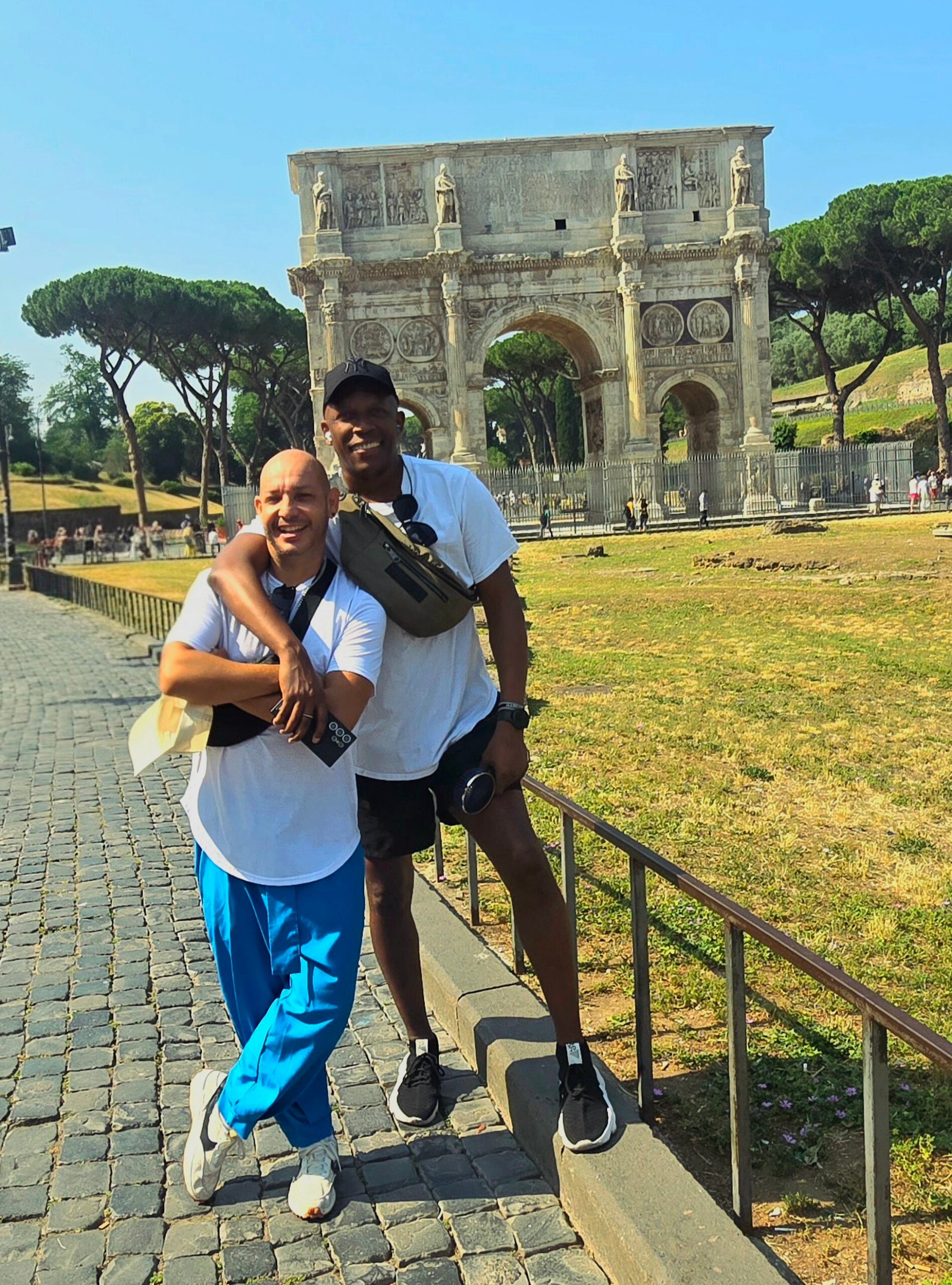10 Ways to Unlearn Toxic Behavior That You Developed While Trying to Cope with Loss
Loss changes us. Whether it’s the death of a loved one, the end of a relationship, or losing a version of life we expected—we adapt. Sometimes that adaptation turns into armor we never take off. We lash out. We shut down. We over-control, self-sabotage, numb out, or pull people in just to push them away.
These behaviors might have helped us cope—but they can quietly become toxic. And unlearning them? That’s where true healing begins.
Let’s dive deep into 10 real, raw, and doable ways to start unlearning those patterns.
1. Recognize That You’ve Developed Toxic Coping Mechanisms
What Does “Toxic Behavior” Even Mean?
Think of toxic behavior like a smoke alarm that’s stuck on. It’s reacting to danger that’s no longer there. When we’re grieving, we may develop habits to protect ourselves from pain—but if those habits keep us stuck or hurt others, they become toxic.
How Grief Warps Behavior Over Time
Loss can sneakily rewire how we interact. We stop trusting. We stop showing up fully. We turn to quick relief over long-term peace. Awareness is step one.
2. Practice Radical Self-Honesty
The Mirror Test: Are You Willing to Look?
Be brave enough to ask: “Am I still living in survival mode?” Don’t sugarcoat it. The truth might sting—but it sets you free. Honesty isn’t about judgment; it’s about reclaiming control.
3. Don’t Shame Yourself for What You Did to Survive
Coping Isn’t Weak—But Healing Is Stronger
Let’s be clear: what you did back then helped you survive. You don’t have to hate the past version of yourself to evolve. Give that person grace. They were doing their best.
4. Rebuild Emotional Safety with Others
Why We Push People Away
When we’ve lost someone or something precious, vulnerability feels dangerous. We might isolate, explode, or pretend everything’s fine. But connection is key to unlearning those patterns.
Practical Tips to Reconnect with Loved Ones
- Send a “just thinking of you” text.
- Practice listening more than talking.
- Apologize when you’re wrong—without excuses.
- Let people love you even when you’re messy.
5. Replace Control with Curiosity
Control Is Just Fear in a Fancy Outfit
Trying to control everything? That’s fear whispering, “Don’t let anything else break you.” But life isn’t controllable. Curiosity, though? That’s healing magic.
Try This: Ask More Questions Than You Answer
Instead of assuming motives or outcomes, get curious:
- “What am I really afraid of here?”
- “Is this about them… or me?”
- “What’s another way to see this?”
6. Learn to Sit with Your Emotions Without Acting on Them
Feel It to Heal It
Pain demands attention—but not always action. Just because you feel rage, shame, or panic doesn’t mean you need to react. Try just naming the emotion. Sit with it. Let it pass like weather.
7. Create a Healing Routine That Feeds Your Soul
Toxic Habits Fill Voids—Routines Fill Cups
When we’re in pain, we default to whatever soothes us: scrolling, overeating, overworking, drinking, ghosting. But healing requires replacing those habits with something nourishing.
Try:
- Morning walks or breathwork
- Journaling with intention
- Mindful meals
- 5 minutes of silence a day
8. Seek Therapy or a Trusted Guide
You Weren’t Meant to Do This Alone
Therapy isn’t just for crisis—it’s for growth. A good therapist helps you make sense of patterns, find your blind spots, and build new mental muscles. No shame. Just support.
If therapy’s not accessible, lean into:
- Grief support groups
- Mentors or life coaches
- Self-help books or podcasts
9. Watch Your Inner Dialogue Like a Hawk
Are You Talking to Yourself Like Someone You Love?
The way you talk to yourself matters. Would you say that stuff to a best friend? No? Then why say it to yourself?
Replace:
- “I always mess up” → “I’m still learning.”
- “I’m broken” → “I’m healing.”
- “I can’t change” → “I haven’t yet.”
10. Celebrate Progress, Not Perfection
Small Wins Stack Big Change
You won’t transform overnight. And that’s okay. Each small choice you make to do better is the work. Celebrate it. Acknowledge the growth—even if no one else sees it.
You Are Not Your Pain
Look, you’re not broken. You’re becoming. The fact that you’re here, reading this, tells me something important: You’re ready.
Ready to choose peace over protection. Growth over guilt. Connection over chaos.
Unlearning toxic behavior isn’t about becoming someone new. It’s about remembering who you really are under all the survival patterns.
You’ve got this.
FAQs
Q1: How do I know if my coping behavior has become toxic?
If it’s consistently hurting your relationships, your self-esteem, or your ability to move forward—it’s time to unlearn it.
Q2: Can I heal from toxic behavior without therapy?
Yes, but therapy accelerates growth. Still, self-awareness, books, podcasts, and supportive friends can make a huge difference.
Q3: What’s the fastest way to start unlearning toxic habits?
Start by pausing before reacting. Just that one-second pause can shift everything.
Q4: Why do I feel guilty about healing when others are still suffering?
That’s survivor’s guilt. You’re allowed to heal. Your healing honors those you lost—it doesn’t erase them.
Q5: How long does it take to unlearn old patterns?
There’s no timeline. Some patterns shift quickly, others take years. The goal is progress, not perfection.
